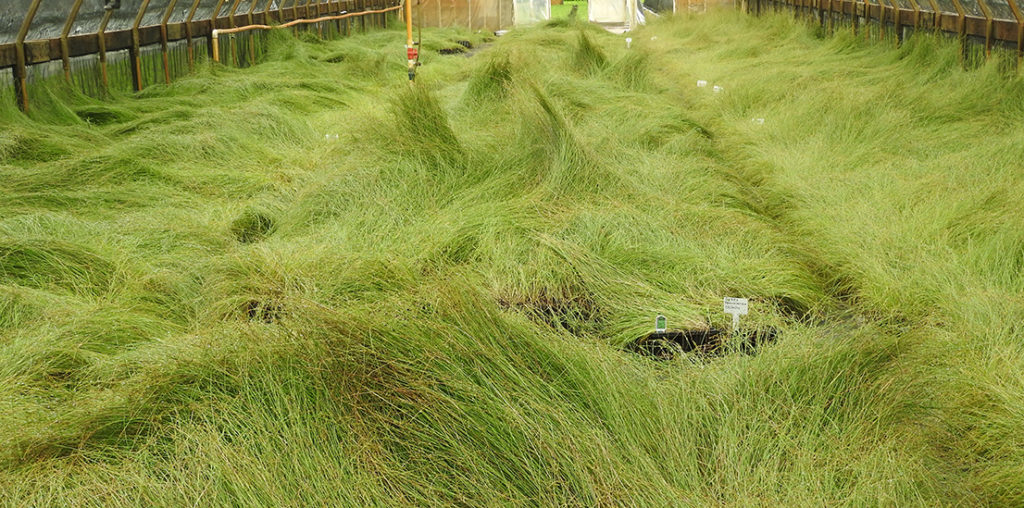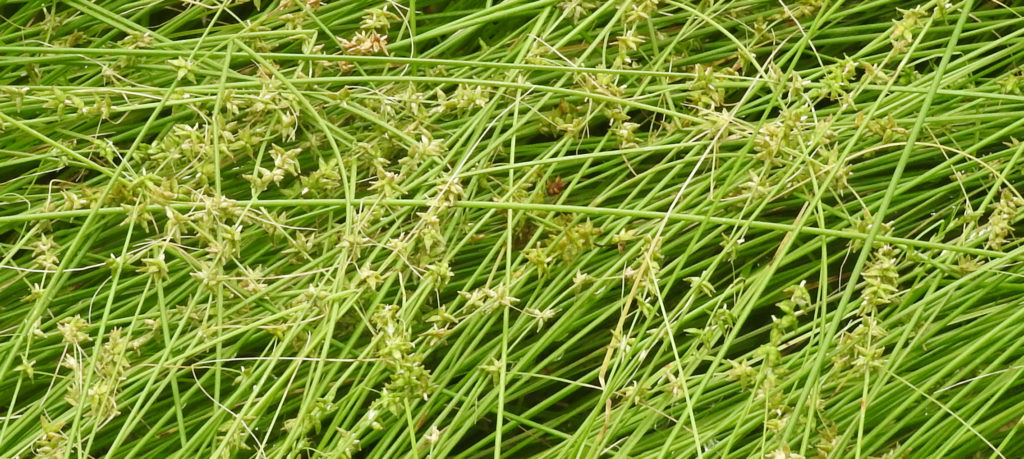 We have several hundred thousand Carex rosea for immediate sale. If they do not sell soon they will be dumped at great expense to us not to mention heart-wrenching despair. For this offering we have ‘Special Pricing’ and Twixwood never has special pricing except when someone made a big mistake and there were too many witnesses.
We have several hundred thousand Carex rosea for immediate sale. If they do not sell soon they will be dumped at great expense to us not to mention heart-wrenching despair. For this offering we have ‘Special Pricing’ and Twixwood never has special pricing except when someone made a big mistake and there were too many witnesses.
| 32 ct 2 ½” SVD pot | $0.75 ($24.00/flat) |
| 50 ct Deep | $0.40 ($20,00/flat) |
| 72 ct for | $0.25 ($18.00/flat) |
 It is a long story and the telling of it brings tears to my eyes and then I stumble around half blinded and walking into things and so you will be spared.
It is a long story and the telling of it brings tears to my eyes and then I stumble around half blinded and walking into things and so you will be spared.
Other people who are better writers and with less of a conscience describe this fine plant as “a petite perennial sedge that forms 1’ mounds of narrow shaggy foliage’. And “it has great landscape potential as a woodland groundcover or lawn substitute.” Our experience is that it gets tall and then falls over. But then we have only grown it for one season and that in a heated poly house while growing in a plug or small pot.
The common names are Rosy Sedge and Curly Wood Sedge. It is a native to Eastern North America from Nova Scotia to Florida and evergreen for most of its range. Here is what some anonymous person on the internet has to say:
“Carex rosea is a valuable Lawn Substitute, Groundcover or Edging Plant for a Shade Garden. This sedge is lovely when Grouped or Massed with spring wildflowers. The unique leaf texture allows this sedge to serve as an eye catching Accent. Plants provide Erosion Control and Winter Interest and are appropriate for Deer Resistant Plantings. Low Maintenance Plantings. Rain Gardens and Wildlife Gardens.” I copied this and the capital letters came with the original. I thought it to be a nice touch.
And so there you have it—this is a near-ideal plant, a native, the latest thing, and cheaper besides. Next year we will be back to a huge supply of Carex pensylvanica which is what we were aiming at until we found this mislabeled plant in our containers and decided to propagate it. This whole sad story illustrates the basic Twixwood philosophy which is to field grow our stock plants for a couple of years so we can check for true-to-name and then rogue out the wrong ones. We will do that next time.
